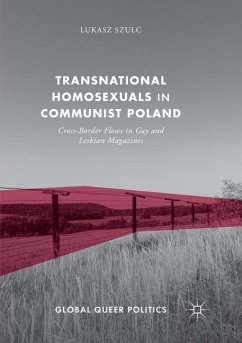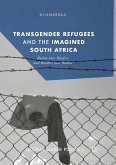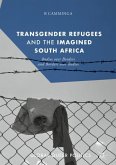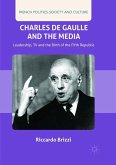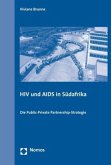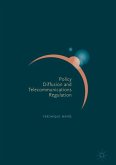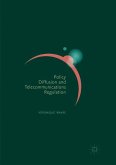This book traces the fascinating history of the first Polish gay and lesbian magazines to explore the globalization of LGBT identities and politics in Central and Eastern Europe during the twilight years of the Cold War. It details the emergence of homosexual movement and charts cross-border flows of cultural products, identity paradigms and activism models in communist Poland. The work demonstrates that Polish homosexual activists were not locked behind the Iron Curtain, but actively participated in the transnational construction of homosexuality. Their magazines were largely influenced by Western magazines: used similar words, discussed similar topics or simply translated Western texts and reproduced Western images. However, the imported ideas were not just copied but selectively adopted as well as strategically and creatively adapted in the Polish magazines so their authors could construct their own unique identities and build their own original politics.
"Through his meticulous and wide-ranging research, lucid prose, and engaging style, Lukasz Szulc pulls back the (pink) Iron Curtain, accompanying readers on a journey through a long hidden and usually inaccessible place in our shared past." (David Weiss, QED A Journal in GLBTQ Worldmaking, Vol. 7 (2), 2020)
"Lukasz Szulc's monograph is the opening volume of a new book series called Global Queer Politics. ... Szulc's book primarily seems to address readers and scholars who are active in the globalizing field of LGBTQ studies ... . Its particularappeal for Polonists and Slavists, in turn, lies in the author's careful and well-documented analysis of the homosexuality-related adaptive and adoptive attitudes and strategies as proposed by the two Polish magazines under discussion." (Kris Van Heuckelom, The Polish Review, Vol. 64 (2), 2019)
"The book is more likely to be of interest to LGBT and media scholars than to magazine teachers and researchers, but I can imagine it serving as the catalyst for some fascinating dissertations and published research on pre-1989 zines in Central and Eastern Europe. ... the book could serve to fill gaps in knowledge about a life that some of us may have experienced personally but understood only incompletely and one-sidedly." (Miglena Sternadori, Journal of Magazine Media, Vol. 19 (1), 2019)
"Szulc mentions the broader context of east central Europe, yet focuses mainly on Poland. This is understandable, a comparative project would require a group of scholars with different linguistic abilities; ... . The most original and elsewhere unavailable parts of the book are analyses of the east European Information Pool reports ... ." (Piotr Sobolczyk, Slavic Review, Vol. 78, 2019)
"Throughout the book, Szulc amasses and interprets a diverse, astonishingly rich selection of resources. ... Szulc's book is a much-needed introduction to an emerging field of study - a reliable source of diverse historical records, a go-to volume when researching aspects of homosexuality in communist Eastern Europe and, in itself, certainly a fascinating story." (Aleksandra Gajowy, LSE Review of Books, blogs.lse.ac.uk, December, 2017)
"Lukasz Szulc's monograph is the opening volume of a new book series called Global Queer Politics. ... Szulc's book primarily seems to address readers and scholars who are active in the globalizing field of LGBTQ studies ... . Its particularappeal for Polonists and Slavists, in turn, lies in the author's careful and well-documented analysis of the homosexuality-related adaptive and adoptive attitudes and strategies as proposed by the two Polish magazines under discussion." (Kris Van Heuckelom, The Polish Review, Vol. 64 (2), 2019)
"The book is more likely to be of interest to LGBT and media scholars than to magazine teachers and researchers, but I can imagine it serving as the catalyst for some fascinating dissertations and published research on pre-1989 zines in Central and Eastern Europe. ... the book could serve to fill gaps in knowledge about a life that some of us may have experienced personally but understood only incompletely and one-sidedly." (Miglena Sternadori, Journal of Magazine Media, Vol. 19 (1), 2019)
"Szulc mentions the broader context of east central Europe, yet focuses mainly on Poland. This is understandable, a comparative project would require a group of scholars with different linguistic abilities; ... . The most original and elsewhere unavailable parts of the book are analyses of the east European Information Pool reports ... ." (Piotr Sobolczyk, Slavic Review, Vol. 78, 2019)
"Throughout the book, Szulc amasses and interprets a diverse, astonishingly rich selection of resources. ... Szulc's book is a much-needed introduction to an emerging field of study - a reliable source of diverse historical records, a go-to volume when researching aspects of homosexuality in communist Eastern Europe and, in itself, certainly a fascinating story." (Aleksandra Gajowy, LSE Review of Books, blogs.lse.ac.uk, December, 2017)

